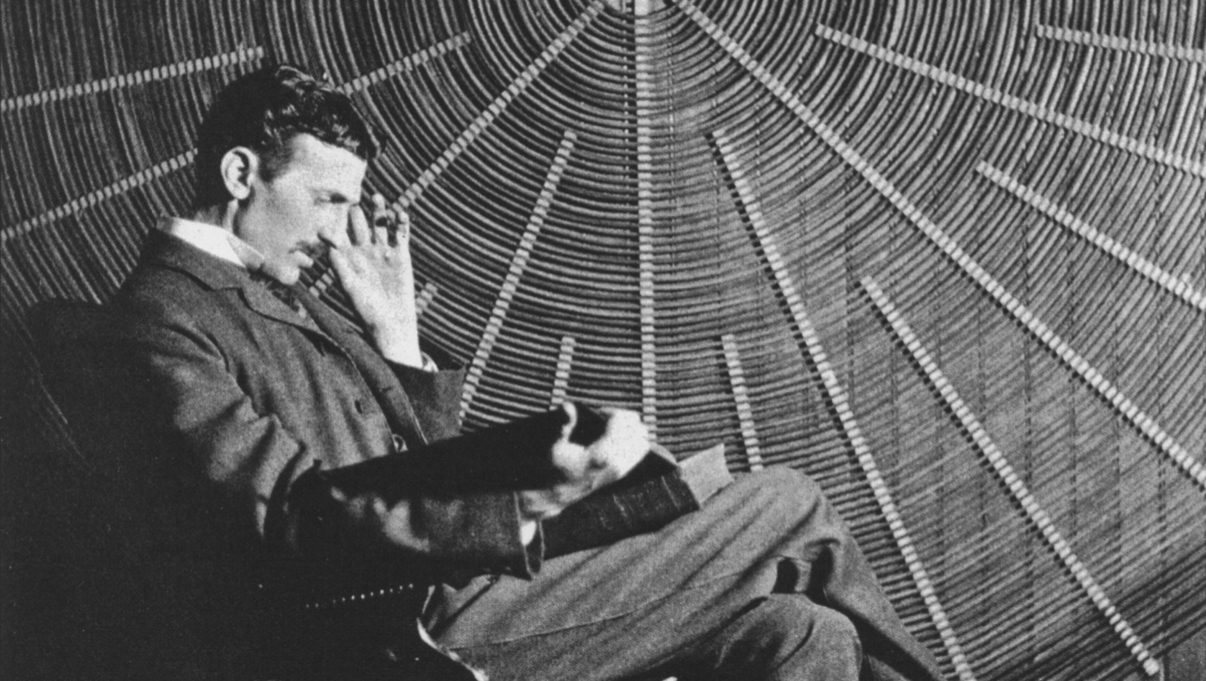Why the Grinch Stole Christmas

What’s the Latest Development?
Alone on his icy mountaintop, the Grinch is the archetypal sufferer of social isolation. When neuroscientists studied the brain of similarly lonely people, those who felt alone besides perhaps being physically alone, they found some interesting results. Lonely individuals responded more slowly to positive images depicting human togetherness (people doing fun things together) and were quicker to respond to images depicting human suffering. In other words, lonely people tended to wallow in the unhappiness of others.
What’s the Big Idea?
Beyond the Grinch’s social isolation, his negative response to the Whos down in Whoville is an attempted celebration of his loneliness, only increasing his unhappiness. In the end, the Grinch learns there is no replacement for genuine human connection. And there is no better time to celebrate human connections than the holidays. They “are ritualized reminders that none of us are islands, and that no matter how many people surround us, we’re only at our best when we allow some of them to be part of us.”
Photo credit: shutterstock.com





